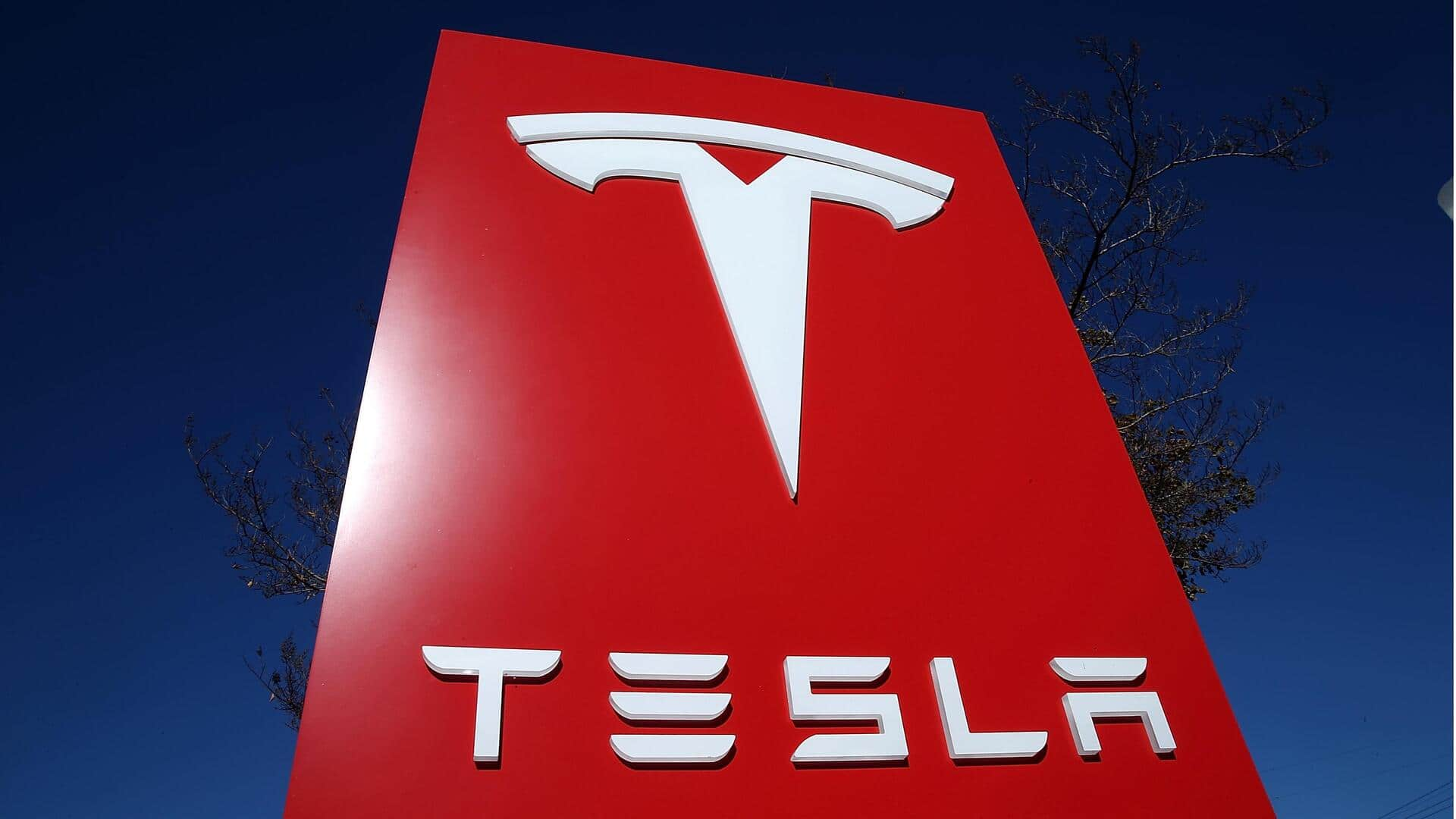
Taking sick leave? Tesla is conducting home visits to check
What's the story
Tesla's management in Germany is facing criticism for sending supervisors to the homes of employees on sick leave. This move was aimed at addressing the increasing absenteeism at the firm's Berlin Gigafactory. The strategy, which involved visiting approximately 30 workers who had reported illness, has sparked significant backlash from both employees and unions. It has raised questions about Tesla's approach to employee well-being and absenteeism management.
Reactions
Employees and unions react to Tesla's home visits
Several employees have responded negatively to such home visits, with some even shutting their doors on supervisors and threatening to call the police. Andre Thierig, Senior Director at Tesla's Grunheide plant, defended the company's actions. He argued that this practice of checking on workers was "not unusual" and aimed at instilling a sense of responsibility among the workforce.
Absenteeism
Tesla's absenteeism rate and incentive scheme
The absenteeism rate at the Berlin Gigafactory has touched 17% among its 12,000 employees. This figure is much higher than the 5% average sick leave rate in Germany's automotive sector. In response, the carmaker introduced an incentive scheme offering a €1,000 bonus to employees who attend more than 95% of their scheduled shifts.
Union conflict
Musk's response and union's stance on Tesla's sick leave management
CEO Elon Musk has responded to the situation, stating on social media platform X, that he would be "looking into" the matter. Meanwhile, Germany's biggest union representing automotive workers, IG Metall, has criticized Tesla's handling of sick leave. The Regional Director of IG Metall, Dirk Schulze, attributed the high rates of absenteeism to a demanding workload as well as safety concerns at the plant.
Production challenges
Berlin plant struggles with production targets
The rising absenteeism at Tesla's Berlin factory, adds to the difficulties the firm has faced since the plant's opening in 2022. Initially projected to manufacture up to a million vehicles per year, the plant has struggled to meet production targets due to supply chain disruptions and production delays. Safety concerns have also emerged, with reports of workplace injuries adding to worries about conditions at the factory.